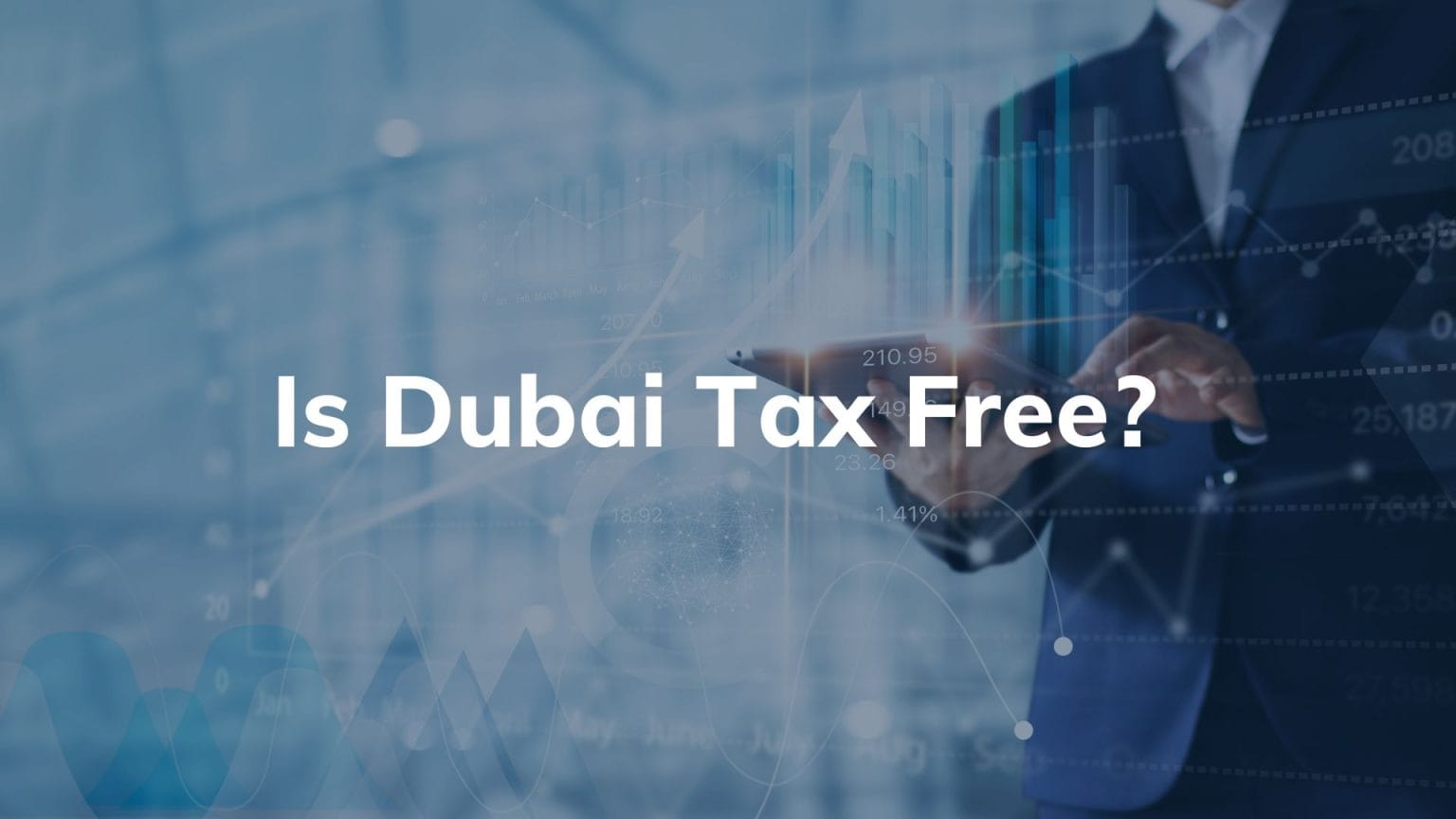🎧 Listen to This Article
Dubai is often portrayed as a tax-free haven, an oasis of luxury and financial freedom in the heart of the Middle East. Famous for its dazzling skyscrapers, high-end shopping malls, and extravagant lifestyle, the city has become synonymous with wealth and excess. But while Dubai offers specific tax benefits, it’s not the tax-free paradise many imagine. Here’s why Dubai’s tax system isn’t as simple as it seems.
The Dubai Mirage: The City of Excess and Its Tax Realities
Dubai is a city where the rich and famous come to live large. From Lamborghini drives to staying in world-class hotels, the city’s indulgent lifestyle has earned it a reputation as the Las Vegas of the Middle East—without the casinos. Yet, beneath the glamour lies a more complex tax reality.
Dubai, part of the UAE, was once a conservative and authoritarian society, but over the years, it has liberalized significantly, attracting Westerners and international businesses. However, it’s important to note that, despite its open-minded atmosphere, Dubai is still a city built on strict rules and regulations, many of which are evolving to keep pace with global financial standards.
A Glimpse of Dubai’s Changing Tax Landscape
Dubai has long been associated with low taxes, particularly for expatriates and businesses. There’s no personal income tax in the UAE, and until recently, businesses operating there were largely exempt from corporate taxes. However, this situation is beginning to shift.
In recent years, the UAE has introduced a value-added tax (VAT) of 5% and a corporate tax rate of 9%, which came into effect in 2023 for specific business sectors. While personal income tax remains nonexistent, corporate taxes have raised the question of whether Dubai is truly the tax-free haven it used to be.
No Income Tax, But That Doesn’t Mean No Taxes
While it’s true that Dubai does not impose a personal income tax, this is where the simplicity ends. If you’re running a business in Dubai or managing foreign corporations from the city, introducing corporate taxes and potentially triggering permanent establishment rules can complicate things.
Corporate tax is now imposed on companies unless they qualify for exemptions. For example, free-zone companies that meet specific conditions can still enjoy a 0% corporate tax rate. But this isn’t a blanket rule—it’s contingent on meeting criteria that can be challenging to navigate.
Moreover, foreign individuals operating businesses in Dubai may be subject to taxation in the UAE if they engage in ongoing trade or business activities. So, while Dubai’s income tax rate remains zero, corporate taxes have started to chip away at its tax-free image.
The Golden Visa and Residency Benefits
The UAE offers the Golden Visa program for those looking to live and work in Dubai. This long-term residency visa allows foreign nationals to live, work, and study in the UAE for a period of five or ten years. The Golden Visa can be extended to family members and, in some cases, even domestic helpers.
To qualify, applicants must meet specific criteria, such as investing a minimum of AED 2 million (around $545,000) in a public fund or providing business capital of the same amount. This visa also requires applicants to contribute to the government’s economy by paying AED 250,000 (approximately $68,000) annually. While the program offers numerous benefits, it’s not without its costs and conditions.
Corporate Taxes: The New Reality for Dubai
One of the most significant changes to Dubai’s tax structure is the introduction of the 9% corporate tax on certain business activities. This marks a shift from Dubai’s long-standing policy of low corporate taxes. Companies that do not meet the conditions for tax exemptions will now be subject to the new corporate tax.
This shift has been driven by the UAE’s desire to position itself as a global financial hub not considered a tax haven. The new corporate tax and VAT measures align Dubai with international standards, but they also mean that the city’s once-lax tax environment is no longer what it once was.
However, there are still ways to reduce tax liabilities legally. Free-zone companies, for example, can maintain a 0% corporate tax rate if they meet the necessary criteria. However, as these rules are complex and subject to change, businesses should seek expert advice to comply with the latest tax regulations.
Withholding Taxes and US-Sourced Income
Another important consideration is how Dubai handles withholding taxes, particularly US-sourced income. If you’re a US citizen or hold business operations linked to the United States, you must know that Dubai does not have a tax treaty with the US. This means that US-sourced income, such as royalties or dividends, is subject to withholding tax in the US.
If you earn income from US-based activities, like selling products on Amazon or collecting royalties, this income will be taxed in the US, even if you reside in Dubai. While some countries offer tax treaties to reduce withholding tax rates, the UAE does not provide such treaties, which could be a factor to consider if you’re planning to structure your affairs around US-based income.
Tax-Free Living, But With Caveats
While Dubai still offers significant tax advantages—particularly in terms of personal income tax—there are several other taxes and fees to remember. The introduction of VAT, corporate taxes, and other regulations has changed the landscape, making it crucial for individuals and businesses to understand the fine print before moving to or operating in Dubai.
For those who set up an offshore company in a tax-free jurisdiction outside the UAE, Dubai still offers opportunities for tax-free living, provided they don’t engage in direct business operations in the city. However, for businesses and individuals conducting operations within the UAE, the tax environment has evolved and will continue to change in line with global standards.
Conclusion: Is Dubai Still a Tax Haven?
While Dubai is not as tax-free as it once was, it still offers significant tax benefits, especially for expatriates and businesses that meet specific criteria. The city has adapted its tax laws to avoid being labeled as a tax haven by international partners. Still, it remains an attractive destination for individuals and businesses seeking to optimize their tax affairs.
Living in Dubai can still be an excellent choice if you want to minimize your tax burden, but you’ll need to be savvy about the evolving tax landscape. With expert advice and careful planning, it’s still possible to live in Dubai and structure your affairs to pay little or no tax.
For further details, clarification, contributions, or any concerns regarding this article, please get in touch with us at editorial@tax.news. We value your feedback and are committed to providing accurate and timely information. Please note that our privacy policy will handle all inquiries.


